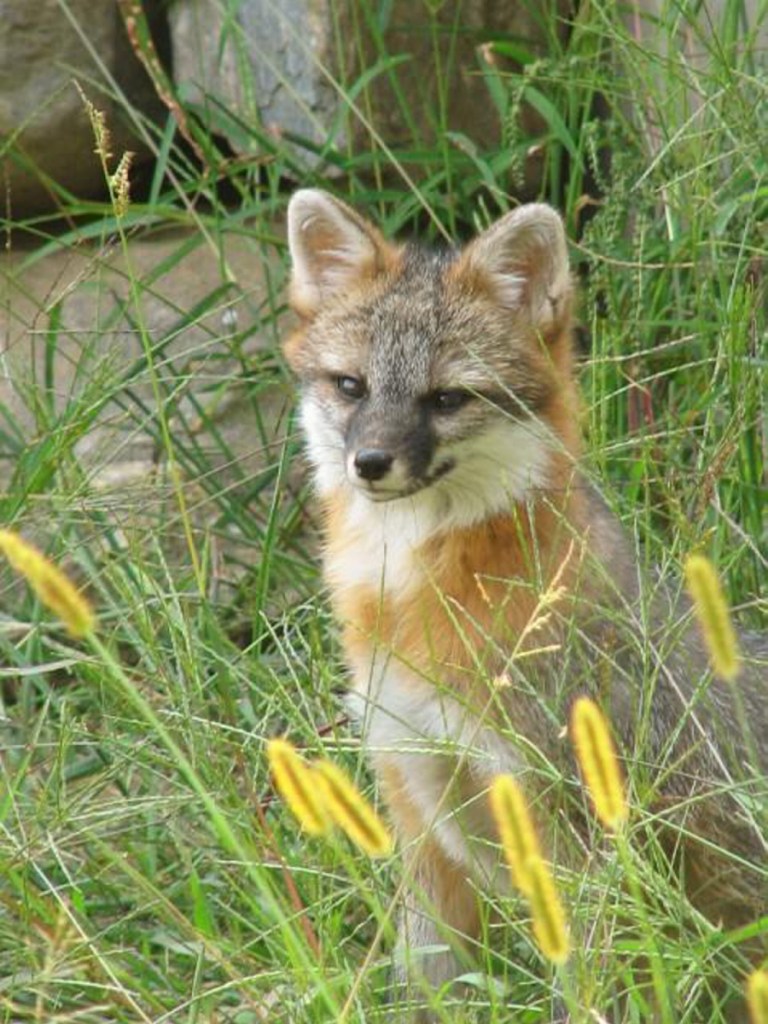A rabid fox attacked a Brunswick woman who was retrieving her mail Sunday, and then bit a neighbor who came to her aid.
“A fox charged her and actually attacked her – bit her on the hand and both legs fairly severely,” said Animal Control Officer Heidi Nelson. “A neighbor saw what was happening, came out and pinned the fox down to the ground. He was subsequently bitten by doing that, on the hand.”
Both residents were treated at Mid Coast Hospital.
Two officers were dispatched to the scene, where one of them shot the fox, which later tested positive for rabies.
It was the second incident in Brunswick involving a rabid animal in a week.
Police say that on the morning of June 13, a woman on High Street let her dog outside, where it got into a fight with a skunk.
“She was using the hose to try to keep the skunk at bay and make it leave, and it was not leaving,” said Nelson.
Nelson and an animal damage control agent captured the animal, which was euthanized and taken to Augusta, where it tested positive for rabies.
The owner’s dog and another neighborhood dog that earlier came into contact with the skunk have been quarantined.
Police notified the public of both incidents via social media Wednesday, a week after the first incident occurred.
“As a reminder, vaccinate your pets, do not approach wildlife and call the police if you see an animal acting aggressively,” police stated on Facebook.
Rabies is a disease that affects the brain and spinal cord, and is usually spread through a bite or scratch from a wild animal that has the virus. If left untreated, it can be fatal.
Instances of rabid animals in the Brunswick area are not unheard of. In 2017, a man was attacked by a rabid fox while at a Topsham scrap yard. The man was treated at Mid Coast Hospital with injections before returning to work. According to Maine Center for Disease Control & Prevention, a brown bat also tested positive for rabies in Brunswick last year.
Nelson noted that while human interactions with rabid animals were fairly rare, they do occasionally happen.
“The possibility is always there, whether we have reported cases or not,” she said. “There could be other animals out there.
“There could have been other animals prior to these,” Nelson added, “but because there had not been any direct contact with a human or a domestic animal, the animals aren’t sent for testing.”
In Stow in 2017, a woman drowned a rabid raccoon that she said attacked her.
And in March, a man killed another rabid raccoon in Hope with a bread knife.
In May, a boy and his father reported they had been attacked by a bobcat that had been acting strangely.
According to the Maine CDC, 67 animals tested positive for rabies in 2017. There have been at least 30 positive cases to date in 2018. By far the most common animal to test positive for rabies is the raccoon.
Nelson recommended that residents avoid leaving food sources out, such as trash bags, which will draw wild animals who may have rabies into populated areas.
The Maine Health and Environmental Testing Laboratory recommends vaccinating pets against rabies as required by law. Avoid contact with wild animals like bats, skunks, foxes and raccoons that are common carriers of the disease, especially if they are behaving oddly. If bitten or scratched by a wild animal, you should contact an animal control officer or the Maine Warden Service immediately.
Send questions/comments to the editors.



